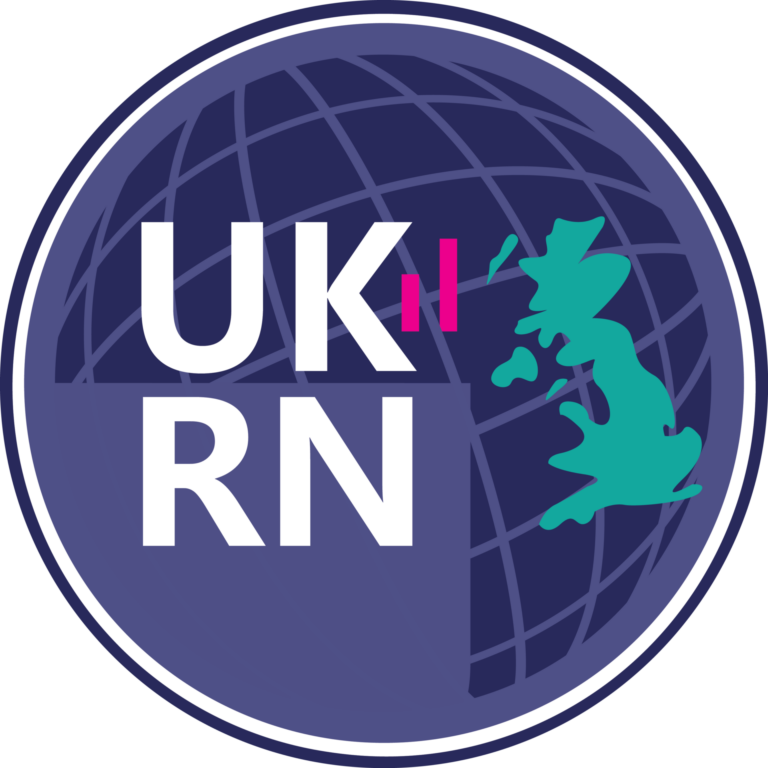Outline of sections
Infrastructure
Open Licensing
Why are open licences relevant?
What are licences, anyway?
How are traditional licences used?
What’s special about open licences?
Open licences impose restrictions on use
You can get help choosing a suitable licence!
Links
References
Open Platforms: Toolboxes for Open Research
To begin: Platforms outside of research
Further aspects of “openness” in open platforms
Open Platforms for open research
The openness of open platforms make them particularly useful for eliciting contributions
Example: OSF support for a large-scale research collaboration
Example: Custom platform design to create a novel research site
Co-authoring and other forms of collaboration: new directions in open platforms
Links
References
Interoperability
What is interoperability?
How does interoperability relate to open research?
When is attention to interoperation needed in open research?
Interoperation makes cross-setting co-working possible
Choosing and designing suitable tools
Interoperability can be useful even when it’s not universal
Creating interoperability also doesn’t mean removing all friction
Link
References
Repositories and Persistent Research Identifiers
What is a repository?
How are repositories related to open research?
Alternatives when selecting a repository
Persistent Research Identifiers
Working with DOIs and persistent identifiers
Links
Reference
Methods
Citizen Science and Crowdsourcing
Crowdsourcing and Citizen Science are worth introducing together
These are simple forms of “participatory research”
Benefits: Why might you want to use crowdsourcing and citizen science methods?
An early example
Participant motivation
A more contemporary example
Risks and risk management strategies
Citizen science as a route to engagement
Links
References
Participatory Research
Expanding what it means to “participate” in research
Opening up the research process
Logic of participation
Benefits of participation
Requirements around Responsible Research and Innovation
Links
References
Open peer review
What is open peer review?
Advantages of open peer review
Limitations of open peer review
Related practices
Open peer review within open research ecosystems
You can try it for yourself.
Links
References
Open Protocols
What are open protocols?
The difference between method and documentary
Associated practices of pre-registration and registered reports
Why do this?
Working with open methods
Link
References
Communities
Research Diversity
What is research diversity?
Why does research diversity matter?
Diversity of research participants
Diversity of research contributors
Who is involved in open research?
Open Access and research diversity implications
Links
References
Open Communities: Working together for research impact
Defining open communities
“The societal impact of open science”
‘Intelligent openness’ and ‘public engagement’ for impact
“Rural Self Help”: An anecdote from Sri Lankan activist A T Ariyaratne
Communities of practice as places to build capacity
Example 1: A Developing Community of Practice around open research training
Example 2: Science Together
Example 3: “People-driven solutions”
Get good at facilitation
Get involved
Links to examples from the video
Additional links
References
Knowledge
Open Educational Resources
OERs and open reseacrh
You’re looking at an example
OER creation workflow
So what…? Reuse and remixing
Barriers and incentives for using OER
Students’ perspective
Co-creating and extending OERs: next steps for this project
References
Open Software
What is open software?
Who writes open source software?
Why do people contribute to open source software?
(Open) Research software
How to create open research software
Building contributor communities
Links
References
Open Code: Notebooks &c.
Computational epistemologies
Broader openness makes open code even better
Notebook science as an example
New directions in open code
Reproducible code, analogues, and extensions
Putting it all together
Closing note
Reference
Open Data
Why open data?
When is open data not a great idea?
Why not just ‘scrape’ data that’s publicly available on the web?
History of Open Data
The Future of Open Data
Rather than producing open data, start by using some
Guidance on how to prepare material for deposit
What kind of open data? Depending on the expected use, more ‘stars’ might be better.
Next steps
Link
Open Publications and Transformative Publishing Agreements
A brief reminder about preprints.
Different types of Open Access publications
What is the status of these different types of OA?
Transformative publishing agreements
What about Green OA and “Rights Retention”?
If Diamond OA is so widespread, why isn’t it the norm on a per-article basis?
Problems for research diversity
Other problems
So what should I do as a researcher?
Are there any other practical things to do?
About
About this book
Outline of sections
CC BY-SA 4.0 Joe Corneli et al. Last modified: April 24, 2025. Website built with Franklin.jl and the Julia programming language.
